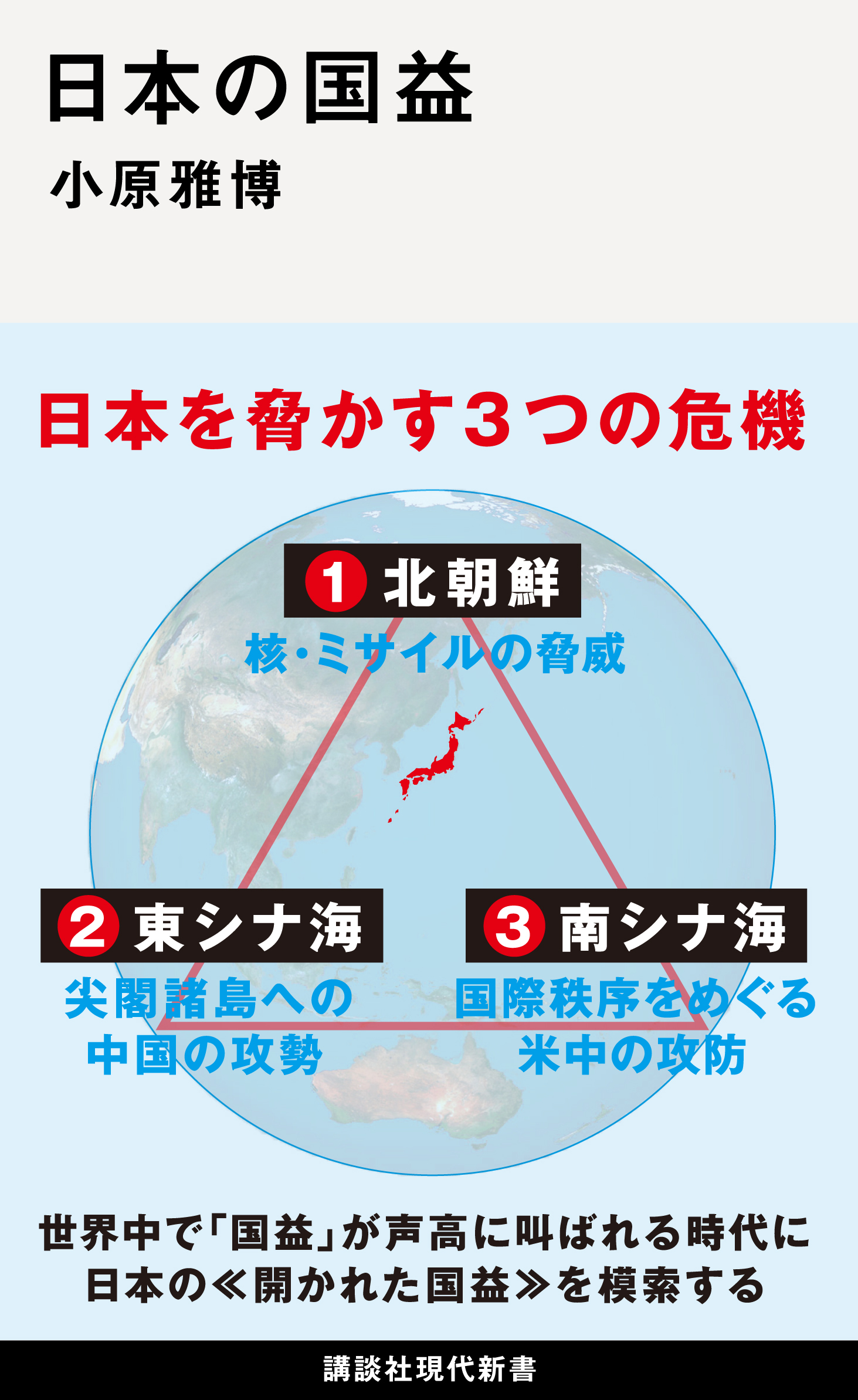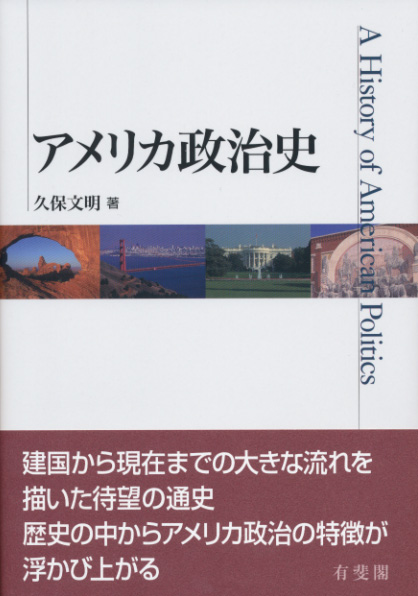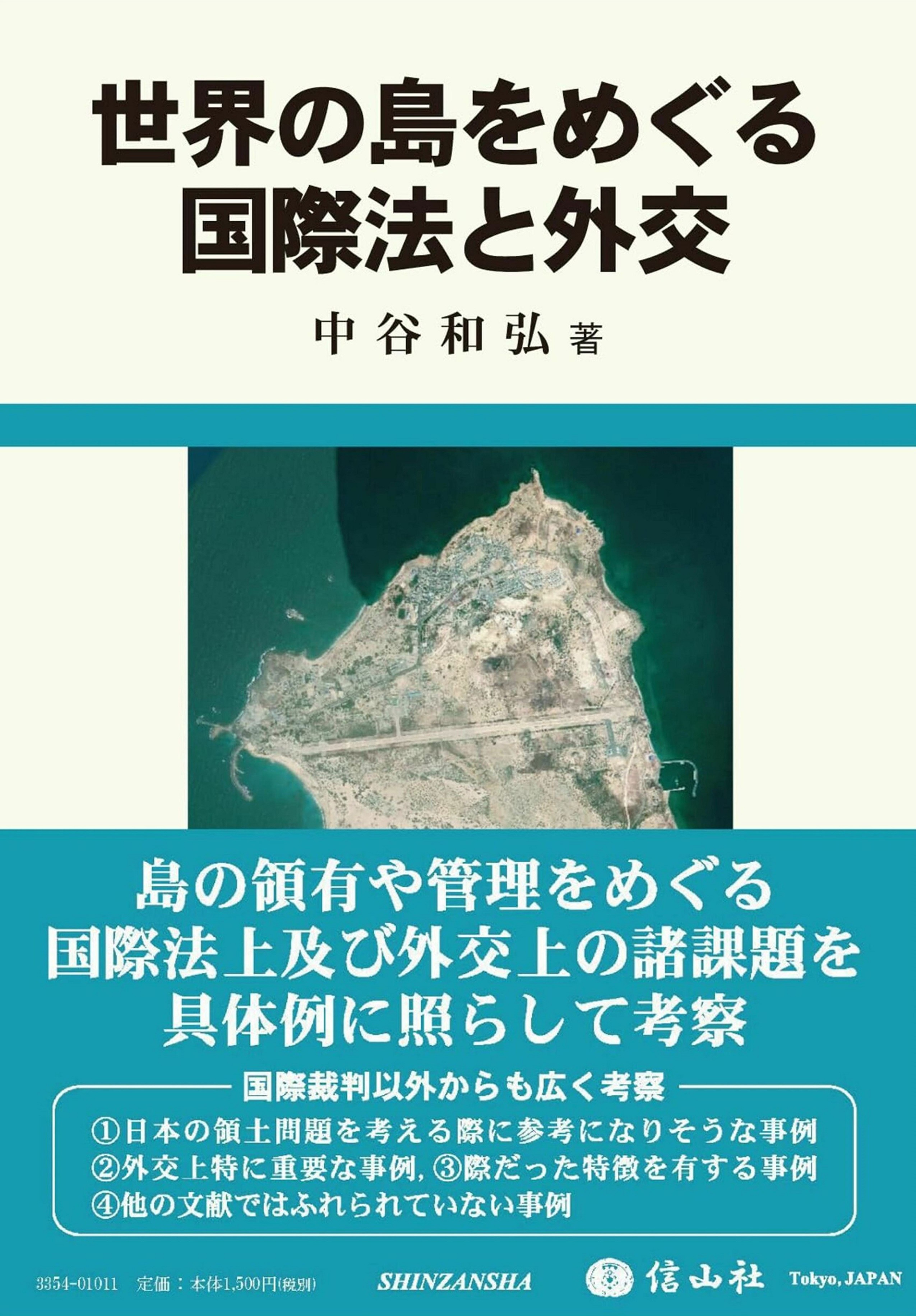
Title
Kodansha Gendai Shinsho Nihon no Kokueki (Japan’s National Interests)
Size
296 pages, paperback pocket edition
Language
Japanese
Released
September 19, 2018
ISBN
978-4-06-513126-8
Published by
Kodansha
Book Info
See Book Availability at Library
Japanese Page
In 2007, I wrote Kokueki to Gaikō (National Interest and Diplomacy) (Nikkei Publishing, Inc.), the first academic overview in Japan concerning national interests. Part of that book was also published in China, and it featured in many book reviews. Japan’s National Interests followed on from that book, closing in on the essence of Japanese national interests while following the historical development of those national interests—based on the concept of “enlightened national interest”—and discussing how Japan’s national interest might be preserved in an era of increasing uncertainty.
In my seminars every year, I ask students, “what is in the national interest?” The students have aspirations to work in various government ministries connected to national interests such as the Ministry of Foreign Affairs, Ministry of Defense, or Ministry of Finance, and their responses also vary as they search for the correct answers.
However, the phrase “national interest” is thrown around on a daily basis in the worlds of politics and media. I am not aware of any other phrase that has the theme of so little deep discussion, despite so frequently being used as if its meaning were clear, and treated as if everyone understood it.
Today the terms “sovereignty” and “national interest” are shouted forcefully around the world. We have President Trump chanting “America First,” and President Xi Jinping declaring that he will absolutely not make concessions regarding China’s “core interests.” The liberal international order, based on respect for human rights, free trade, and the rule of law, is screaming to be heard.
It may be necessary to discuss anew what the “national interests” are. This book is an introduction to diplomacy based on an interest in such issues.
In Chapter 1, I explained the concept of “national interest” in an easy-to-understand manner. With diplomacy, it is important to always be mindful of the fact that, just as one’s own country has national interests, so too do other countries have their own national interests, and the young international community also has “international interests.”
Chapter 2 looked back over the historical development of the concept of national interests, from the ancient Greek Thucydides’ History of the Peloponnesian War to President Trump’s “America First” today.
Chapter 3 dealt with the US-China relationship, which exerts an important influence on Japan’s national interests, and looked at where things stood. The power balance is changing with the rise of China. This chapter answered questions such as whether China will surpass the US, and whether these two great powers will be able to avoid “the Thucydides Trap.”
In Chapter 4 I defined Japan’s national interests as (1) survival and security, (2) economic prosperity, and (3) an international order based on universal values, and discussed the following three threats to these national interests:
(1) The problem of North Korean missiles and nuclear technology, which relates to the critical national interest of the survival and security of the nation and its people;
(2) Problems in the East China Sea, including the Senkaku Islands, which relate to national sovereignty, territory, and territorial waters; and
(3) Problems in the South China Sea relating to the protection of an international order based on the rule of law.
By getting to the core of these issues, this chapter discussed strategies and policies through which Japan might respond, and protect its national interests.
The central tenet of Japanese post-war diplomacy has always been the US-Japan alliance. However, today, with a power shift is occurring and the international order changing, it is necessary to envision and promote a “US-Japan alliance + α” strategy. This α is an awareness of China. The foregoing was discussed in the final chapter.
I hope that Japan’s National Interests will heighten the readers’ awareness of national interests, and constitute a theoretical approach to the form Japan’s politics and diplomacy should take.
(Written by KOHARA Masahiro, Professor, Graduate Schools for Law and Politics / 2019)



 Find a book
Find a book





